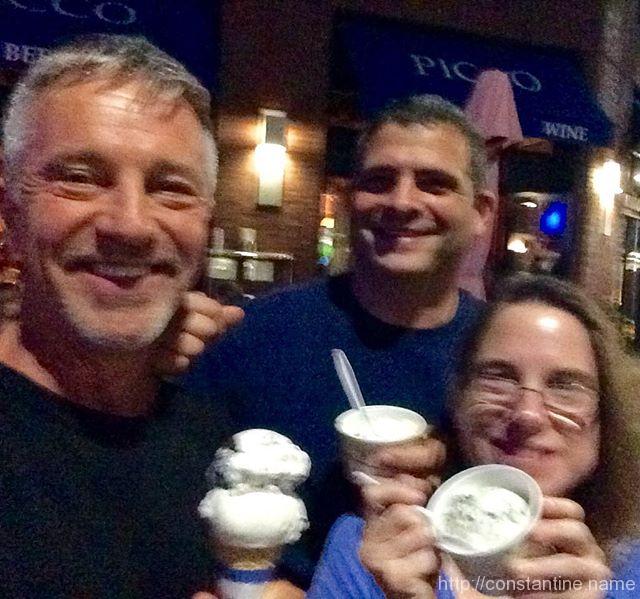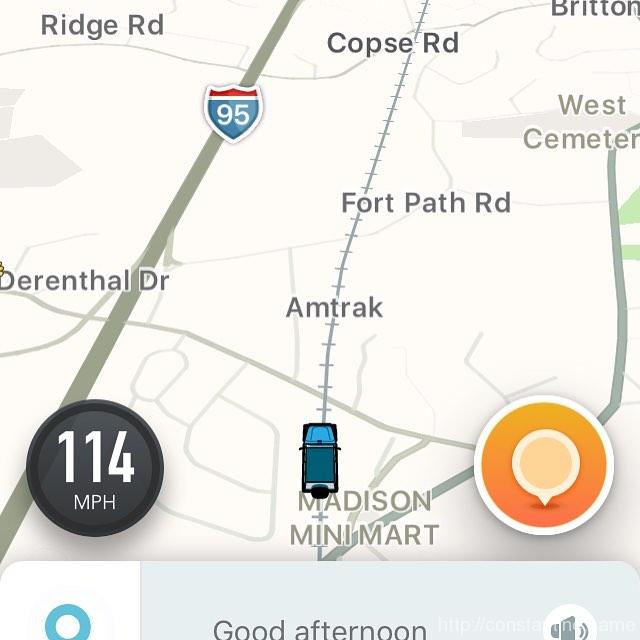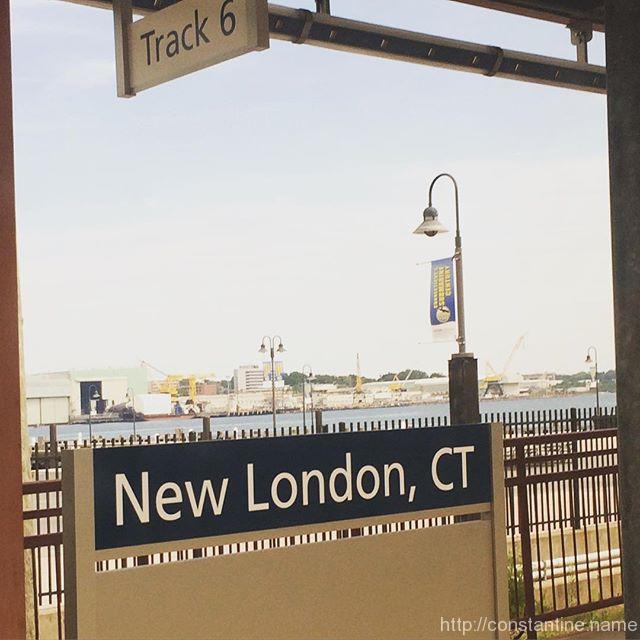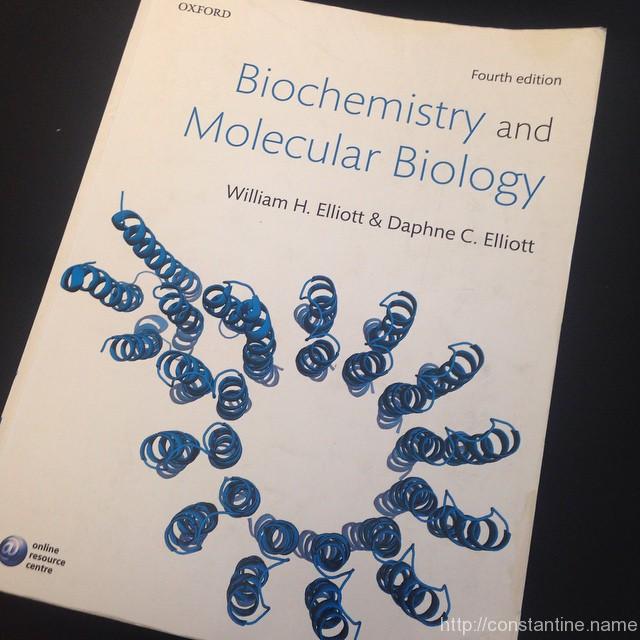It’s important to be aware of our own crystallizing experiences and how they affected us. I’m curious about what crystalizing experiences you’ve had, and I’m thinking beyond just moments, to books, people, videos, discussions, whatever left an impact. What stuck with you and changed the way you thought about things? This could be in any area of your life: work, learning, movement, writing, any hobby. What was the experience, and how did it change your practice?
~ Melissa Way
The Movers Mindset team has an internal project management system. (Basecamp.com in case you’re still mysteriously using something dysfunctional, like Slack, to run your team.) Each week, in a sort of loose rotation, we take turns kicking off some discussion by posting something—anything, whatever interests us when it’s our turn.
I’ve been coming back to this post from Melissa for nearly two weeks, trying to figure out where to start on a reply. Each time I start thinking, my mind wanders down a seemingly endless sequence of formative experiences; I can’t even begin to list them as they’d sound like an intolerable bragging-list. There are some unbelievable experiences ranging from, “been there,” to “done that,” and careening between, “literally cheated death,” and “hfsyesagainplease.”
Instead of trying to pick just one, tell the story, and pull out how the experience changed me, I’m going to ask, and attempt to answer, a meta question: Is life a journey of becoming, or simply a journey?
If it’s the former, then I should be paying attention for—perhaps even actively seeking—crystallizing experiences my entire life. I should be continuously repeating the process of asking myself what I should change or improve next, and then seeking out the experiences or knowledge to achieve that change. But having bashed myself on that cold anvil, incessantly seeking change and improvement, I’m now convinced that it’s the later.
Life is simply a journey.
ɕ



